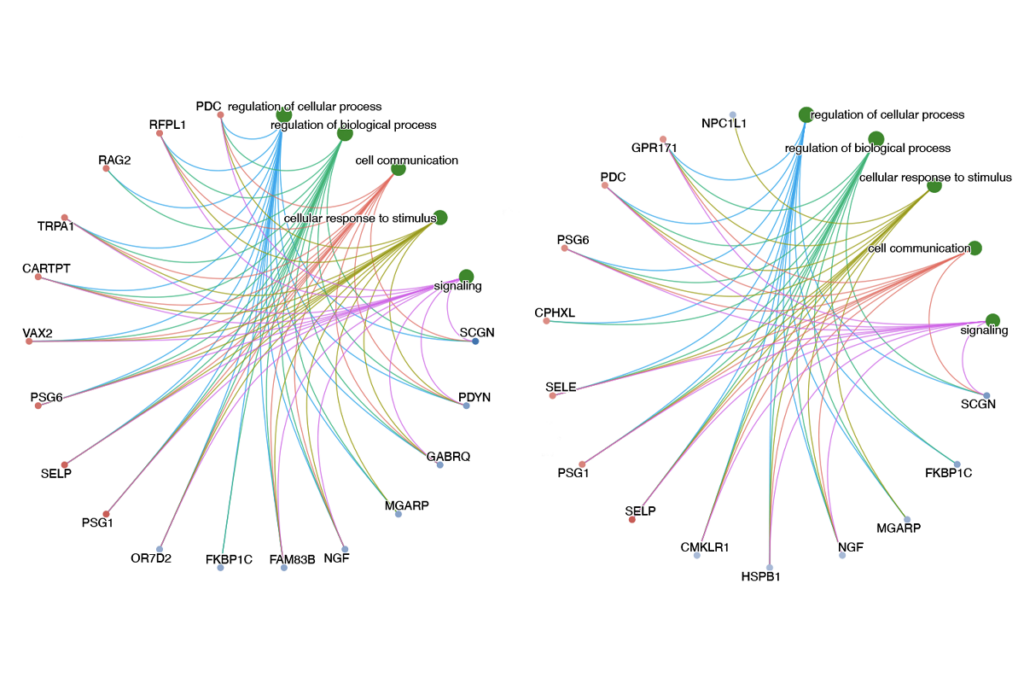What does the existence of long genes tell us?
Long genes, and their relationship to a class of enzymes that regulate gene expression, raise intriguing questions about the risk for neuropsychiatric disorders.
New findings, reported on SFARI.org last week, suggest that autism genes tend to be significantly longer than average. Enzymes known as topoisomerases seem to play an essential role in the expression of long genes in general, according to this study.
The findings suggest that problems with topoisomerases may be involved in autism risk. They may also provide a mechanistic insight into why the topoisomerase-inhibiting drug topotecan turns on the normally silent copy of UBE3A, an autism-linked gene that is defective in Angelman syndrome.
(Benjamin Philpot, one of the study’s leaders, discussed the potential therapeutic implications of this discovery during his SFARI webinar on 25 September 2013. You can watch a replay of that talk here.)
Two other studies published this month also implicate topoisomerases in autism — in this case an enzyme that acts on RNA. These studies show that loss of an RNA-processing enzyme called TOP3beta increases the risk of schizophrenia and intellectual disability. The enzyme binds to the fragile X mental retardation protein, or FMRP.
It’s not yet clear whether or how RNA and DNA topoisomerases interact to contribute to neuropsychiatric disorders, but the potential overlap is intriguing.
What do you think?
- Why are long genes susceptible to problems in neurodevelopment? What molecular mechanisms or evolutionary pressure would explain this?
- Would the correlation between long genes and autism hold up if researchers were to scrutinize well-established autism risk genes?
- What does the link between RNA topoisomerases and neuropsychiatric disease risk add to what we know about DNA topoisomerases and autism? Are these findings related?
Share your thoughts in the comments section below. Or, to dig deeper, continue the conversation in the moderated SFARI Forum for researchers. Not yet a member? Learn how to register here.
Like us on Facebook » | Follow us on Twitter @SFARIcommunity » | Join our newsletter »
Recommended reading

PTEN problems underscore autism connection to excess brain fluid

Autism traits, mental health conditions interact in sex-dependent ways in early development

New tool may help untangle downstream effects of autism-linked genes
Explore more from The Transmitter

